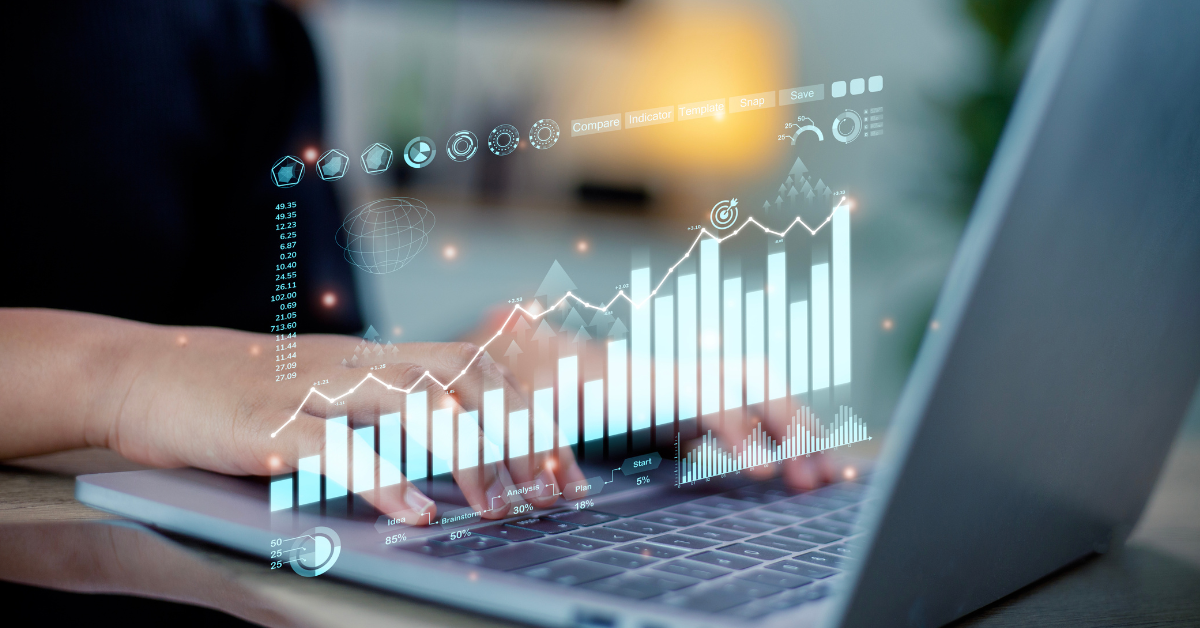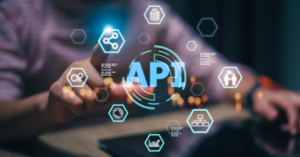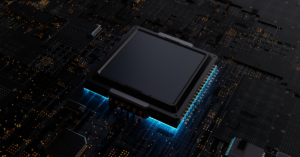The Role of AI and Machine Learning in Modern ERP Systems: Driving Efficiency and Innovation
Discover how AI and Machine Learning are transforming modern ERP systems. Explore their impact on automation, decision-making, and business efficiency
Blog | ERP
Introduction
In today’s fast-paced digital era, businesses face increasing pressure to streamline operations, improve decision-making, and stay ahead of the competition. Enter AI and Machine Learning in modern ERP systems, a powerful combination transforming the way enterprises manage resources and data.
ERP (Enterprise Resource Planning) systems have long been the backbone of business processes, integrating functions like finance, supply chain, human resources, and more. However, the integration of AI and Machine Learning takes these systems to the next level by enabling predictive analytics, automating workflows, and delivering actionable insights.
This article explores the transformative role of AI and Machine Learning in ERP systems, highlighting their applications, benefits, and the potential they hold for future innovations. By the end, you’ll understand why adopting these technologies is no longer optional but a necessity for businesses aiming to thrive in the modern marketplace.
Understanding ERP Systems and Their Evolution
Enterprise Resource Planning (ERP) systems have been central to modern business operations for decades, offering a unified platform to manage core processes such as finance, supply chain, manufacturing, and human resources. These systems eliminate inefficiencies caused by disconnected tools, ensuring data is centralized and accessible for better decision-making.
Initially, ERP systems were static and required significant manual input, limiting their potential for scalability and adaptability. However, with technological advancements, ERP solutions evolved to become more agile and intelligent. The integration of cloud computing and big data marked the first major shift, allowing real-time data access and scalability.
Now, with the introduction of AI and Machine Learning in modern ERP systems, the possibilities are endless. These technologies empower ERP platforms to learn from data patterns, automate routine tasks, and provide predictive insights, making them indispensable for businesses aiming for innovation and efficiency.
Get In Touch
How Machine Learning Enhances ERP Capabilities
Machine Learning (ML), a subset of AI, focuses on enabling ERP systems to learn from data and improve over time. Unlike traditional software, which relies on fixed programming, ML models adapt dynamically to changes, making them ideal for handling complex business environments.
For instance, ML algorithms excel at anomaly detection, identifying irregularities in transactions, inventory management, or production processes. This ensures potential issues are flagged before they escalate. Furthermore, Machine Learning in modern ERP systems enhances forecasting accuracy by analyzing patterns in vast datasets, improving demand planning, financial projections, and workforce management.
The result? Smarter, data-driven decisions that align with business goals.
Real-World Applications of AI and ML in ERP
AI and Machine Learning have found diverse applications across industries, enhancing the capabilities of ERP systems. For instance, in supply chain management, these technologies optimize inventory levels by predicting demand fluctuations based on historical data and market trends. In human resources, AI-driven ERP tools streamline recruitment by screening resumes and suggesting the best-fit candidates, saving time and reducing biases.
Customer relationship management (CRM) is another area where AI-powered ERP excels. Intelligent algorithms analyze customer interactions and preferences, enabling businesses to deliver personalized experiences. Real-world examples include companies like Amazon, which use AI-enhanced ERP systems to refine logistics, forecast demand, and improve customer satisfaction.
Challenges and Future of AI-Driven ERP Systems
While the potential of AI and Machine Learning in ERP systems is vast, businesses face challenges in adoption. High implementation costs, the need for skilled professionals, and concerns around data privacy are common hurdles. Furthermore, integrating AI into legacy ERP systems can be complex, requiring significant infrastructure upgrades.
Despite these challenges, the future of AI-driven ERP systems is promising. Emerging trends such as hyper-automation, IoT-enabled ERP, and advanced NLP tools will further transform ERP platforms. Businesses that invest in these technologies today will be better equipped to handle tomorrow’s complexities, gaining a competitive edge in their industries.
Conclusion
AI and Machine Learning are revolutionizing modern ERP systems, making them smarter, faster, and more efficient. By automating workflows, enhancing decision-making, and delivering actionable insights, these technologies empower businesses to stay competitive.
Adopting AI-driven ERP systems is no longer a luxury but a necessity for businesses aiming to thrive in today’s dynamic market.
Why Choose Rite Global IT Services?
At Rite Global IT Services, we specialize in designing and implementing AI-driven ERP solutions tailored to your business needs. With years of expertise in cutting-edge technologies, we help you unlock the full potential of AI and Machine Learning in modern ERP systems.
Take the first step toward smarter business operations—contact us today!
Related Posts
Zero Trust Architecture: The New Security Standard
Zero Trust Architecture: The New Security Standard Discover how Zero...
Read MoreHow Smart Contracts are Revolutionizing Supply Chain Management
How Smart Contracts are Revolutionizing Supply Chain Management Explore how...
Read MoreBuilding a Resilient IT Strategy: Lessons from IT Consulting Experts
Building a Resilient IT Strategy: Insights from Top IT Consulting...
Read MoreHow Hyper Automation is Redefining Business Workflows
How Hyper Automation is Redefining Business Workflows Explore how Hyper...
Read More




